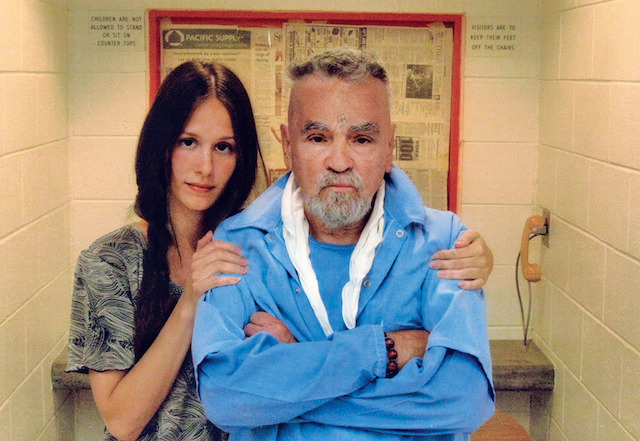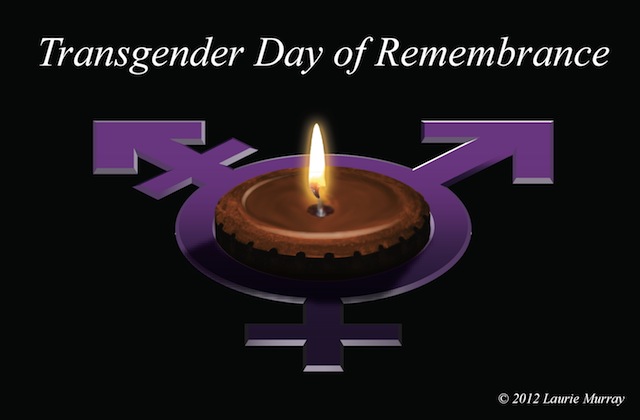
Charles Manson Can Get Married…So Why Can’t We?
November 19, 2014
Transgender Day of Remembrance
November 20, 2014Review: A Queer Family Comes Out on Camera in 52 Tuesdays

52 Tuesdays, a Reel Affirmations drama appearing in Washington, D.C. this week, tracks an Australian high schooler’s forays into queer womanhood, her transgender parent’s emergence as a visible man, and their lonely efforts to assert individuality in the YouTube era.
In search of freedom to explore his developing male identity, James sends his daughter Billie to live with a separated spouse and restricts their meetings to Tuesday evenings. The teenager tries to respond with understanding, but chafes at her exile and the unexpected shift in what she had always assumed to be an intimate, mother-daughter bond. Their restricted contact pulls them apart until, late in the year, their hidden lives begin spilling out by unexpected means.
Director Sophie Hyde and screenwriter Matthew Cormack fleshed out the film’s bare-bones script one week at a time and shot it over 52 consecutive Tuesdays, weaving an ambitious narrative that refuses to apologize for its occasional loose ends. The characters’ meandering personal journeys are worth following, but not with any expectation of a tidy lesbian romance or a distilled commentary on the transgender experience.
Echoing James’ desire to escape from limiting family roles, Billie joins a male and female schoolmate for a variety of sexual adventures inside an abandoned building. The triad records and sexts its exploits, eventually forcing the film’s adults to confront their own anxiety over the ubiquitous technologies now capable of rendering teenage sexuality permanently visible. James ironically records some of his own romantic encounters, while also using video to offer Billie a carefully curated picture of his life beyond their confined weekly meetings. During a trip abroad for top surgery, for instance, he interviews a diverse group of trans men and then presents his daughter with an edifying selection of their recorded thoughts.
Yet James’ relatively minor stab at educating his daughter (and, incidentally, the judges at Sundance) is overshadowed by distractingly unusual aspects of his own coming-out process. What trans man would come out to his daughter by walking out of the family bathroom dressed in just a binder and pen-ink beard? And for someone who booted his daughter from home for privacy, he reacts with surprising nonchalance upon discovering her giggling about a prosthetic penis she found while snooping through his mail. The movie’s failure to explain such peculiarities is frustrating, and it marks a missed opportunity for Del Herbert-Jane, a gender-nonconforming consultant for the film who later stepped in as the actor for James.
Billie’s moments of discomfort with her transgender parent, in any case, foreshadow her reluctance to talk about him with her high-school lovers. Later forced to defend her secrecy, Billie argues that his transition was just one of many big deal events she had faced over the year.
“All this stuff happened, you know, important stuff. It happens all the time. How do you know what bits really matter?” she asks her lover Jasmin in a slickly produced video, challenging audiences to wonder what 52 Tuesdays is really about.
By the end, the interpersonal ripples of James’ transition prove no more important than the movie’s many other themes: parental separation, discomfort with adolescent sexuality, and the growing reliance on technology to mediate every aspect of our lives. As transgender experiences gradually become better understood and less sensationalized in movies and television, the film’s relative broad-sightedness feels appropriate and even progressive.
Screenings of 52 Tuesdays are scheduled for November 21 at the Human Rights Campaign’s Equality Center, located at 1640 Rhode Island Avenue NW, Washington, D.C.





